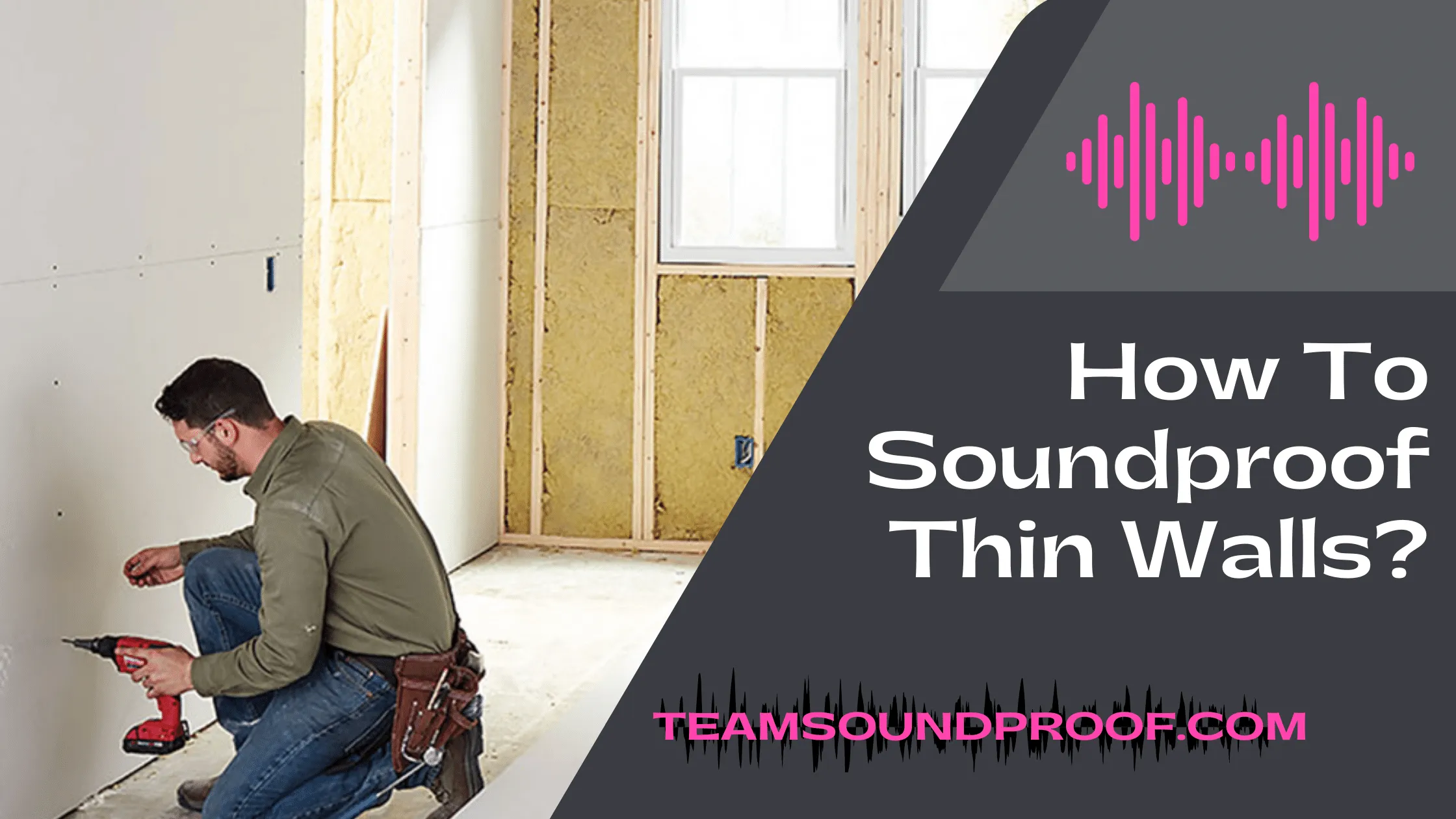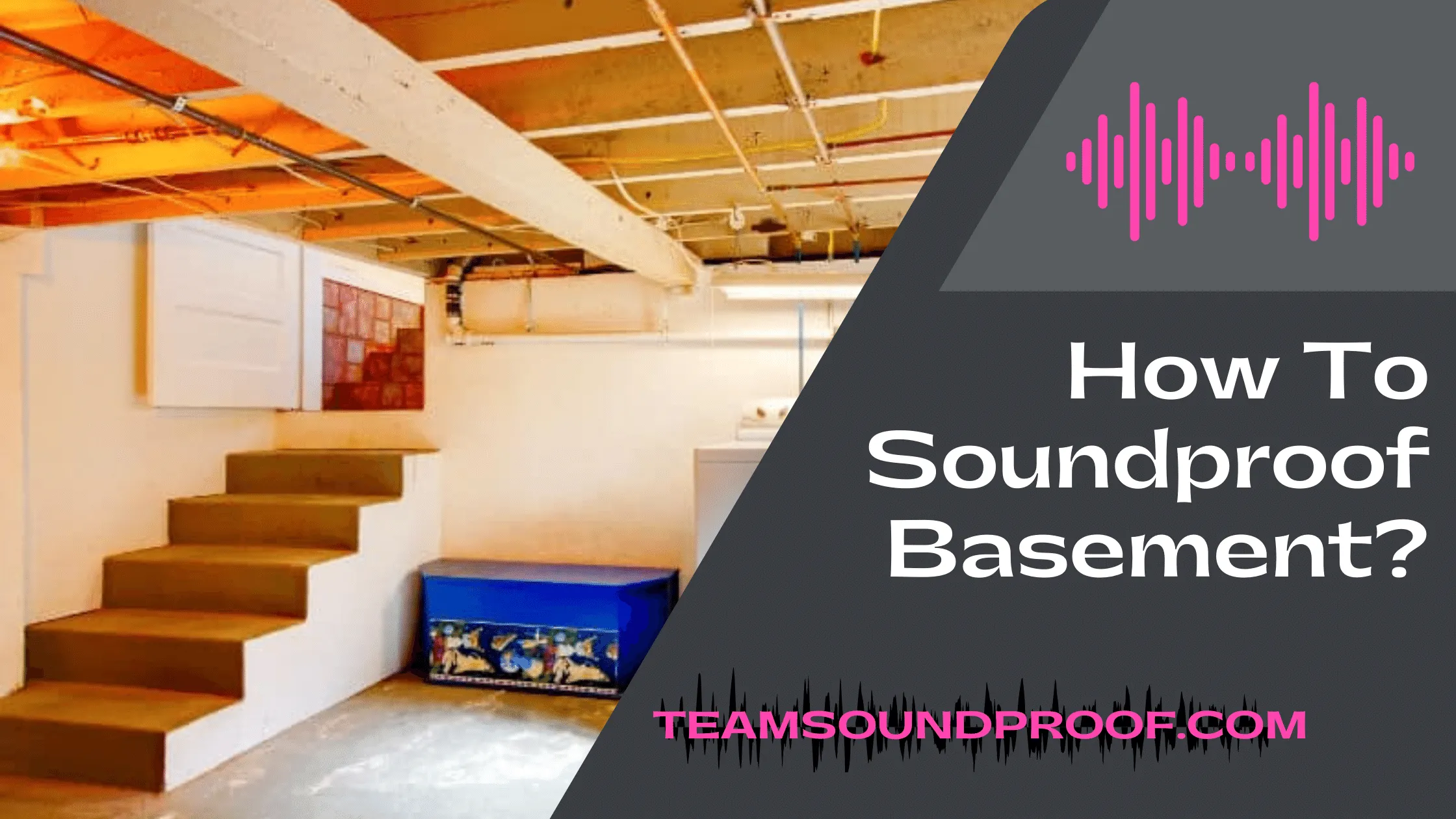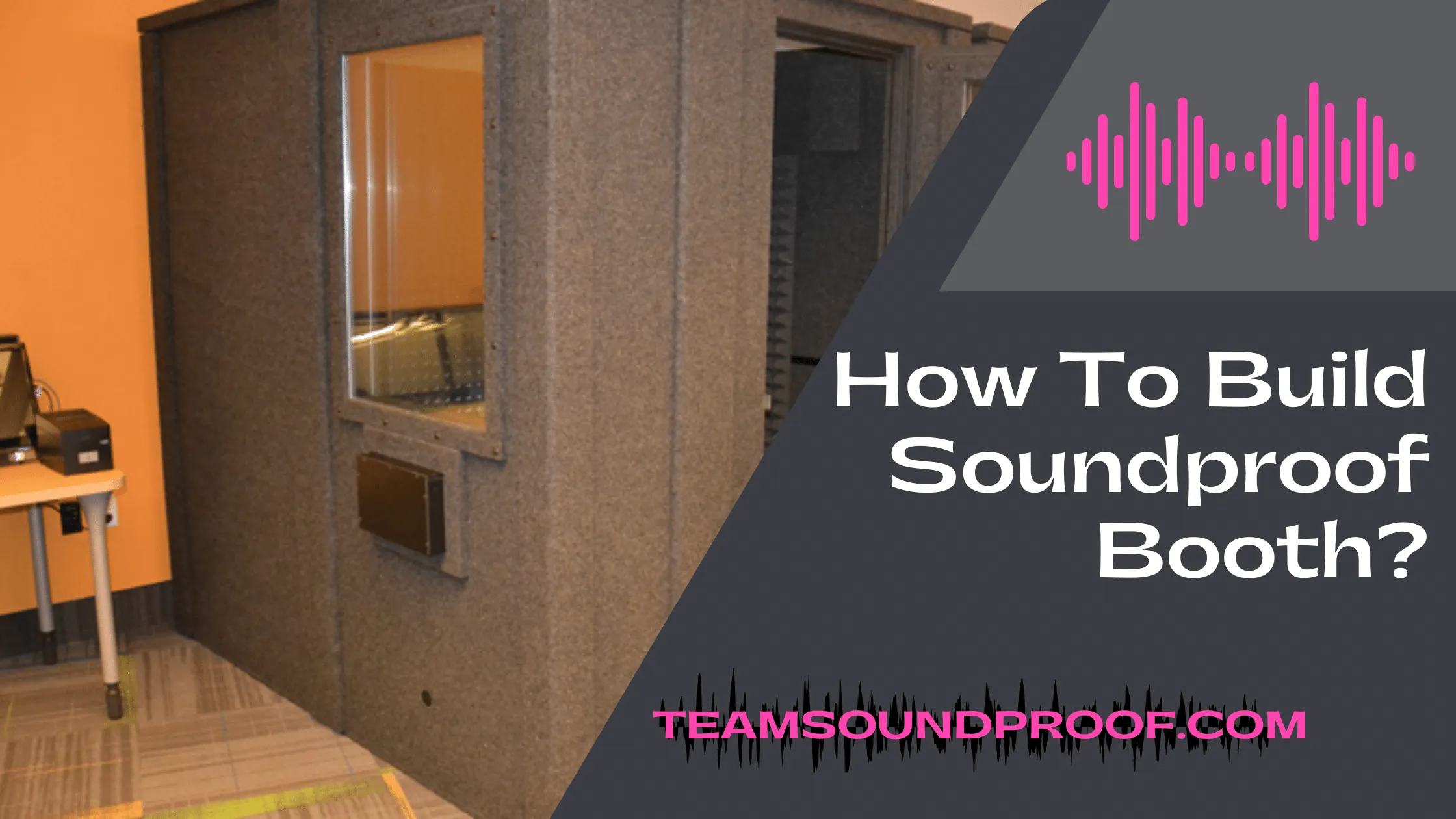If you live in an area with a lot of noise pollution and are looking for a way to reduce unwanted sound, acoustic panels may be just what you need. Not only do acoustic panels help reduce opposing noises from entering your space, but they can even add aesthetic appeal to any room.
If you’re interested in learning more about Will Acoustic Panels Keep Sound Out could enhance the atmosphere and comfort of your home while also reducing sound, this post is here to answer all your questions!
Will Acoustic Panels Keep Sound Out?
Adding acoustic panels to the walls of your room can help reduce sound leakage, but there is no guarantee that they will keep all noise out of neighboring rooms. If you are trying to isolate a noisy space such as a workshop or home office, adding dense materials like fiberglass insulation may be worth looking into.
These types of projects should be designed by professional contractors and require careful planning in order to ensure that sound will not leak through cabinets, vents or other openings in the wall. However, if you want to quiet down a nearby area without completely isolating it from your own space, using absorption panels may be one option for reducing noise transfer between rooms.
Acoustic panels are an effective way to keep sounds contained within a specific space. This is because they absorb and dissipate sound waves, making it difficult for those waves to travel through the air and into other rooms. However, it is important to note that there is no guarantee that acoustic panels will keep all sound out of neighboring spaces.
In particular, if you are dealing with sounds from a noisy workshop or home office, adding dense materials like fiberglass insulation may be more effective at blocking noise transmission than simple paneling. If you are looking for a more affordable option, there are also products available that combine acoustic panels with absorptive foam or other materials.
These types of products can help reduce unwanted noise without having to spend too much time and money on planning a complete remodel of your room. Ultimately, the best way to prevent sound from leaking into other parts of your home will depend on the specific situation and the type of noise that you are trying to contain.
If you are looking for a more permanent solution, it may be worth consulting with a professional contractor who can help you design and install an effective soundproofing system in your space.
How Do Acoustic Panels Work?
Acoustic panels work by absorbing sound waves and dissipating their energy, helping to keep sounds contained within a specific area. This is done through a combination of materials that are specifically designed to absorb and dampen sound waves. The panels may feature layers of fiberglass or other dense materials, along with foam or other sound-absorbing materials like felt or mineral wool.
In addition, the panels may be designed using acoustic tiles that can easily be installed on walls, ceilings or even floors as needed. There are many different factors that will influence how effectively acoustic panels can reduce unwanted noise in your space. For example, the type of material used in the panel construction will have an impact on its ability to absorb sounds at different frequencies.
In addition, the size and placement of the panels will play a role in how effective they are at reducing sound transmission. As a result, it is important to work with a professional contractor who can help you design an acoustic panel system that fits your specific needs and budget.
Additionally, you may want to consider experimenting with different configurations of panels or materials to find out which one works best for your space. By taking these steps, you should be able to create an effective acoustic panel system that will help keep unwanted sounds from leaking into other areas of your home or office.
Types Of Acoustic Panels:
There are several different types of acoustic panels that you can choose from depending on the needs of your space and the budget that you have available. Some of the more common types include:
- Absorption panels: These are designed to absorb sound at certain frequencies, making them ideal for addressing common issues like echoes or reverberation in a room. However, they may not be as effective at blocking noise transmission between rooms or other areas.
- Damping panels: These are specifically designed to block sounds from traveling through air or other materials such as floors and walls. As a result, they may be a better option if you want to reduce noise leakage between rooms or other spaces in your home or office.
- Soundproofing panels: These are typically used in combination with other materials to completely block sounds from entering or exiting the room or area where they are installed. This can be particularly useful for homeowners who want to reduce noise from nearby workshops, noisy neighbors, and other sound sources that may disturb family members or coworkers.
- Decorative panels: Some acoustic panel systems also include a decorative element, which can make them suitable for use in homes and offices where aesthetics are also important.
When choosing an acoustic panel system, it is important to consider these different factors as well as your own budget to decide on the most appropriate option for your space.
Advantages Of Using Acoustic Panels:
There are several advantages to using acoustic panels in your home or office. Some of the key benefits include:
- Improved sound quality: One of the most obvious benefits of using acoustic panels is that they can significantly improve the overall sound quality in a room by reducing echoes, reverberation, and other types of unwanted noise. This can be particularly important for homeowners who want to enjoy good sound quality when listening to music or watching movies, as well as professionals who need clear communication with their colleagues or clients.
- Better privacy: In addition to improving sound quality, acoustic panels can also help reduce sounds that may disturb others in the home or office where they are installed. For example, if you work from home and want a quiet and productive workspace, installing acoustic panels can help keep outside noises from distracting you or disrupting your workflow.
- Lower energy bills: Because acoustic panels are designed to optimize the acoustics in a space, they can also help improve the overall energy efficiency of a building by lowering heating and cooling costs. This is because efficient acoustics can prevent sounds from traveling between rooms, which reduces the need for air conditioning or heaters to regulate temperatures in different parts of a building throughout the year.
Overall, there are many advantages to using acoustic panels in your home or office, so if you’re looking for an effective way to improve sound quality and reduce unwanted noise, consider investing in this type of system today.
Conclusion:
In short, the answer is yes acoustic panels are an effective way to reduce noise levels in offices and other commercial spaces. If you’re looking for a reliable, long-term solution to noisy neighbors or sound bleed from adjoining rooms, acoustic panels are definitely worth considering. They’re also relatively easy to install, which makes them a great do-it-yourself project for anyone handy with basic tools
Frequently Asked Questions
How Can I Determine the Best Place to Install My Acoustic Panels?
One way to decide where to position your acoustic panels is by listening for any areas of your space that may be particularly loud or noisy. You can also use a noise calculator tool online to try and identify the ideal location for your panels based on the sound levels in different parts of your room. Whatever method you choose, it’s important to consider all aspects of your space when determining the most effective placement for your acoustic panels.
I Live in An Apartment Building with Thin Walls – Will Acoustic Panels Help Me?
Yes, acoustic panels can be very effective at reducing background noise even in shared living spaces like apartments and condominiums. The key is to place the panels around common areas where outside noise tends to be an issue, such as near windows, balconies, doors, and hallways. By strategically placing acoustic panels in these areas, you can effectively dampen external noises and create a more peaceful environment for yourself and your neighbors.
Are There Any Special Considerations when Choosing Acoustic Paneling Materials?
Yes – it is important to consider the sound absorption properties of different types of acoustic paneling materials before making your purchase. Some options, such as foam or fabric-covered panels, are better at reducing low frequency sounds than others, so be sure to read reviews and compare different products before making a decision. Additionally, if you have concerns about allergies or sensitivities to certain chemicals used in the manufacturing process, it may also be helpful to look into eco-friendly alternatives like sustainably sourced wood panels.






